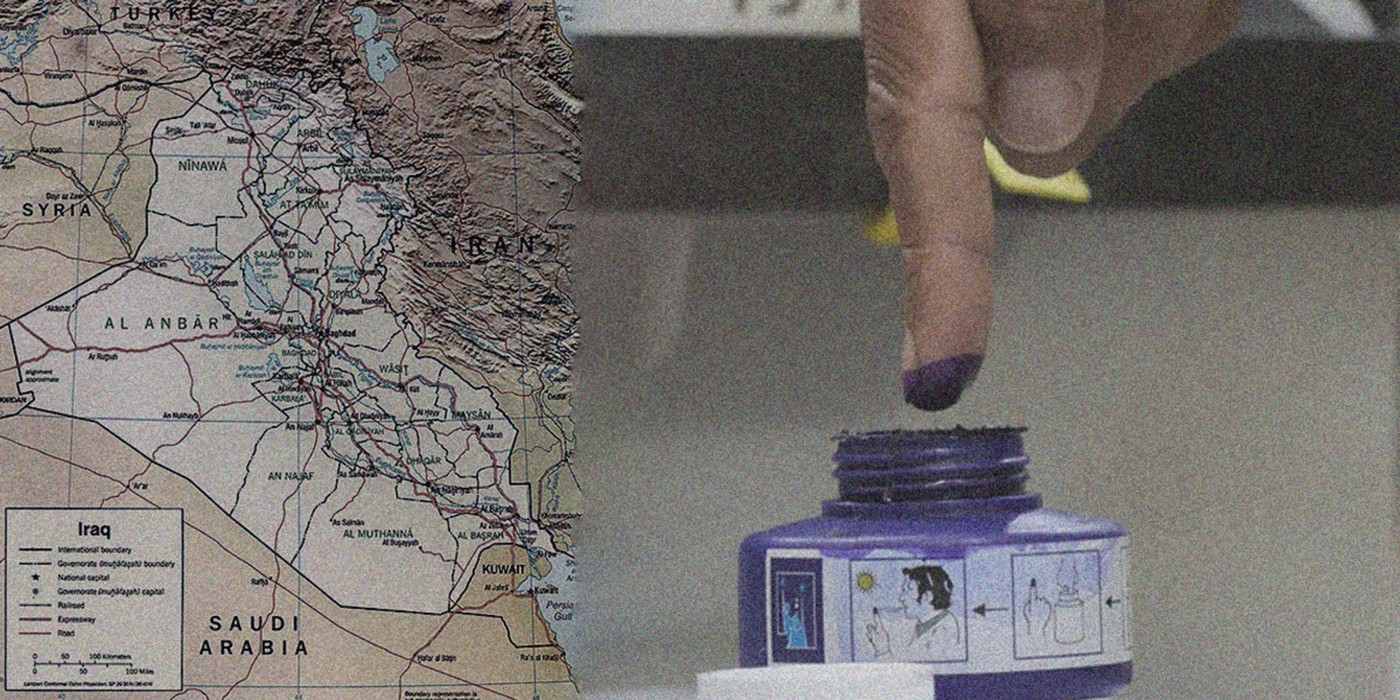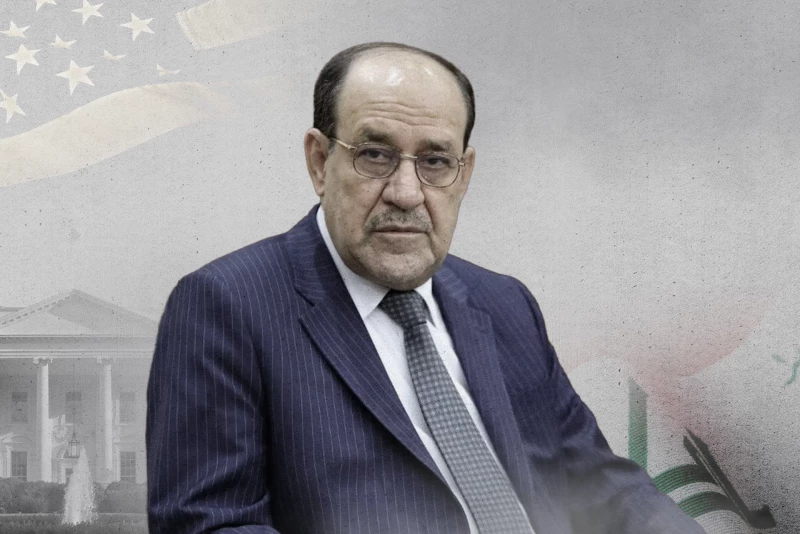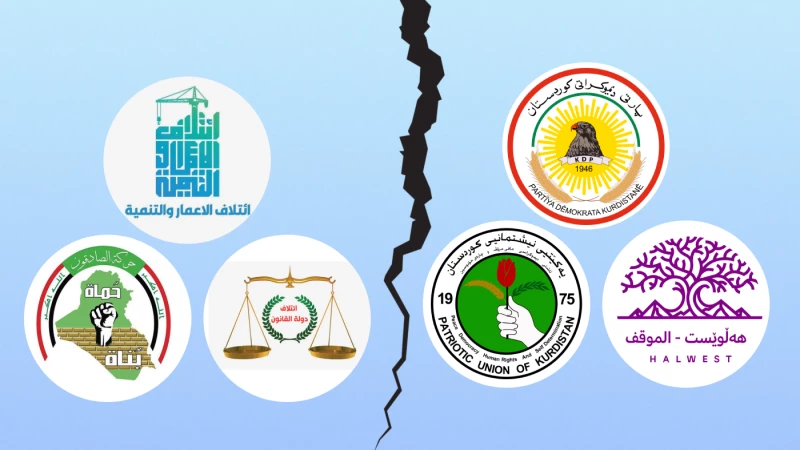Despite the significant achievements of the Coordination Framework in the process of electing governors and other provincial council positions in central and southern Iraq, their failure to reach the target they had announced before the process has become an indication of the framework’s failure in the political battle.
The Coordination Framework raised their expectations in the governor election process to the extent that they would not accept the appointment of any governor without their approval, however, things took a turn.
The Framework had launched a media campaign and a firm speech that the decision to replace all governors was irreversible and that their ability to implement such a vision was inevitable, but that was not achieved either.
Their candidates were able to obtain the position of governor, head of the council, or both, in a number of provinces, along with other deputy positions in most southern and central provinces such as Baghdad, Babil, and Karbala.
However, they failed to obtain the governance of Basra and were unable to obstruct the election of Salahadin’s governor.
What led their followers into dissatisfaction was their unsuccessful and public campaign in those two provinces, as Asaad al-Eidani remained governor in Basra and Ahmed al-Juboori (Abu Mazen) elected as governor of Salahadin, both despite strong opposition from the Framework.
The Framework did not comment much on their defeat in Basra, though following Juboori’s win, their response reached accusations of treason and demanded the division of the province, a move rejected by some of their members.
“The Framework entered a battle against winning conservatives in provinces where they have voters and did not know how to fight it,” State of Law coalition member Khalid al-Sarayi told The New Region on Sunday. “How could the Framework be hostile to the majority voters in those provinces and stand against their choices? This will lead to the Framework’s end.”
Sarayi’s coalition is part of the wider Coordination Framework, though he said that everyone was surprised that the targeted governors emerged victorious and that led to treason accusations even among the Framework’s leaders and members.
Sarayi is left wondering whether there is a possibility of change and reform within the framework, he is not sure.
“Is it a unity of purpose, decision, and response, or is it a discursive media unity that mixes the cards within it and on its supporters and voters and aggrieves some of its parties by losing their positive positions as a result,” he asked.
According to him, what is happening within the Framework is “jumping to conclusions”, describing the approach as an attempt to preserve media unity, which he perceives as no longer useful.
“It will cause real loss, confusion, and dispersion within the framework and among public opinion,” he said.
Sarayi’s conclusion is that the framework declined even in the center and south due to them entering losing and ill-considered battles with people such as the conservatives “who won a landslide victory and formed modern electoral blocs, as well as with the majority of our citizens who elected them.”
It seems that the framework forces were content with the gains they achieved at the level of the capital, Baghdad, and the other southern governorates, where things went as planned.
Baghdad and most of the southern governorates became framework positions, which may be enough for the framework forces, especially since they achieved some gains in the governorates affiliated with the Sadrist movement, like Dhi Qar and Najaf, and as they await what the situation would turn out in Maysan Governorate.
By Monday, most of the local councils had decided on their options, most notably Baghdad, where the atmosphere was calm .
“The first session was characterized calmly and the application of the foundations of democracy and mutual respect. The president of the council, his deputy, the governor, and his second deputy were elected, and the election of the first administrative deputy was postponed for organizational matters,” Deputy Chairman of the Baghdad provincial council Mohammed Jassim al-Juwaibrawi told The New Region.
“We have to start completing the council committees and follow up on everything that the Baghdad Governorate aspires to. We are serious about providing the best service to the people of Baghdad, as it needs a lot. We ask the central government to assist the council because of Baghdad's peculiarity,” he added.
The Coordination Framework, which failed to achieve its two most important objectives in Basra and Salah al-Din, was content with winning in Baghdad and other important governorates in the south. However, this victory came with the taste of loss, and the reason has raised expectations that did not turn out in their favor.



 Facebook
Facebook
 LinkedIn
LinkedIn
 Telegram
Telegram
 X
X


